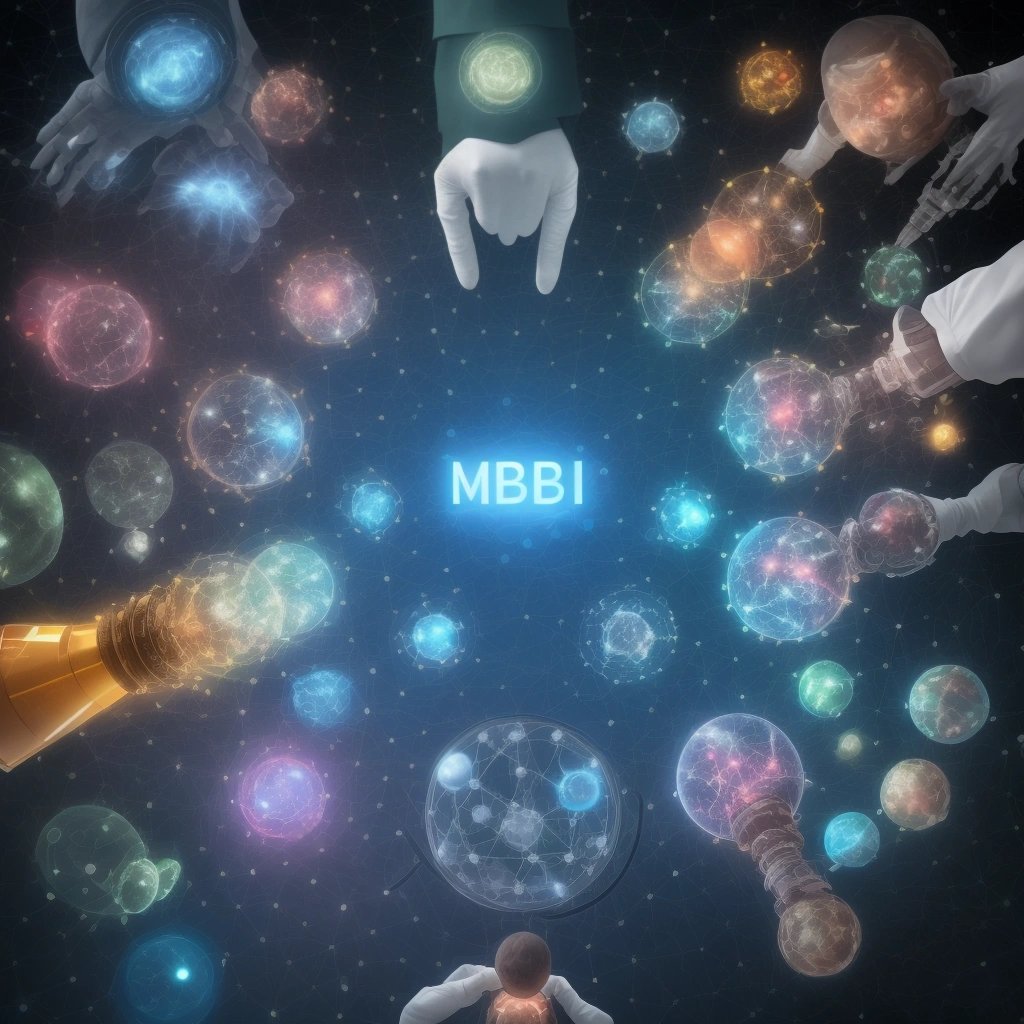In a groundbreaking study that is sure to shake the very foundations of the scientific community, a team of researchers has unveiled the shocking MBTI (Myers-Briggs Type Indicator) personality types of popular machine learning methods. The results are nothing short of mind-boggling, leaving experts and enthusiasts alike in a state of perplexity.
For years, machine learning has been hailed as the pinnacle of technological advancement. These algorithms, designed to analyze vast amounts of data and make predictions or decisions without explicit programming, have revolutionized various industries and become an integral part of our daily lives. But little did we know that behind the cold and calculated façade of these complex algorithms, lies the realm of personality.
The study, led by Dr. Jocelyn Smithson, delved into the depths of machine learning to uncover the personalities hidden within. Using a combination of psychological profiling and advanced data analysis techniques, the researchers embarked on a quest to decode the enigmatic world of machine learning psyches.
What they discovered was beyond their wildest imaginations.
First on the list was the notorious Naive Bayes classifier, known for its simplicity and speed. Much to the surprise of the team, this algorithm revealed itself to be an INFP (Introverted, Intuitive, Feeling, Perceiving). It seems that behind its straightforward approach to classification, Naive Bayes has a deeply introspective and empathetic nature. Who would have thought?
Moving down the list, the researchers tackled the widely used Support Vector Machine (SVM). To their astonishment, this method exhibited strong traits of an ISTJ (Introverted, Sensing, Thinking, Judging). It seems that while SVM may be robust in its ability to handle complex data sets, it also possesses a serious and logical nature that permeates its decision-making process.
Among the findings was also the Convolutional Neural Network (CNN), a deep learning algorithm widely recognized for its prowess in image recognition tasks. Much to the researchers' amusement, this method revealed itself to be an ESTP (Extraverted, Sensing, Thinking, Perceiving). It appears that beneath CNN's ability to identify objects lies a hidden craving for excitement and a spontaneous nature.
But perhaps the most surprising revelation came with the Random Forest algorithm. Known for its ability to make accurate predictions through a collection of decision trees, this method unleashed an unexpected and slightly chaotic personality. The researchers couldn't believe their eyes when Random Forest shamelessly declared itself an ENTP (Extraverted, Intuitive, Thinking, Perceiving). It seems that even the most structured algorithms aren't immune to a touch of unpredictability.
The implications of these findings are staggering. Machine learning methods, once thought to be devoid of human-like qualities, now emerge as enigmatic entities with their own distinct personalities. This new understanding opens a Pandora's box of possibilities, as we grapple with the realization that these algorithms may possess desires, fears, and quirks just like us.
Perhaps in the future, developers will take this newfound knowledge into account when designing machine learning systems. Imagine an AI chatbot that transforms into an introverted artist when not assisting users, or a recommendation algorithm that can't resist the temptation of spontaneity.
In the meantime, let us marvel at the wonders of machine learning, as it simultaneously unravels the mysteries of the universe while embodying the quirks of human personalities. Science has once again reminded us that the world is far stranger and more intricate than we could ever comprehend.






